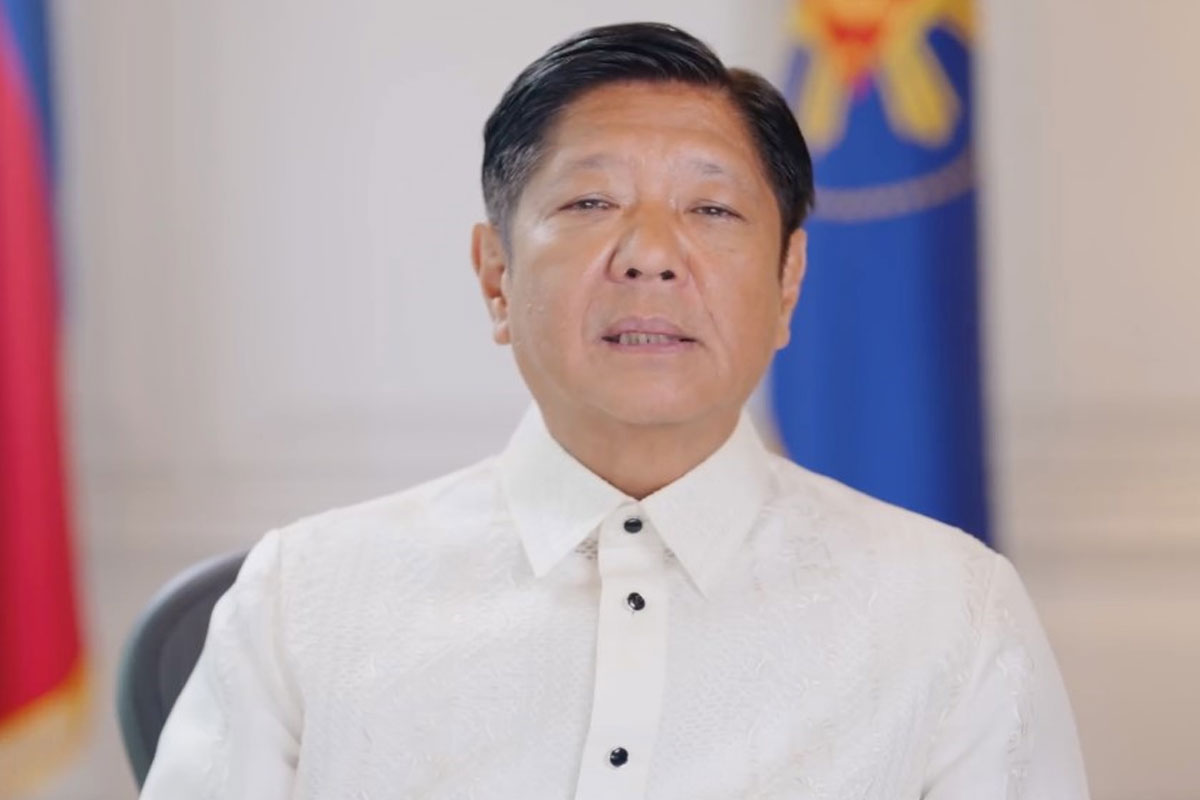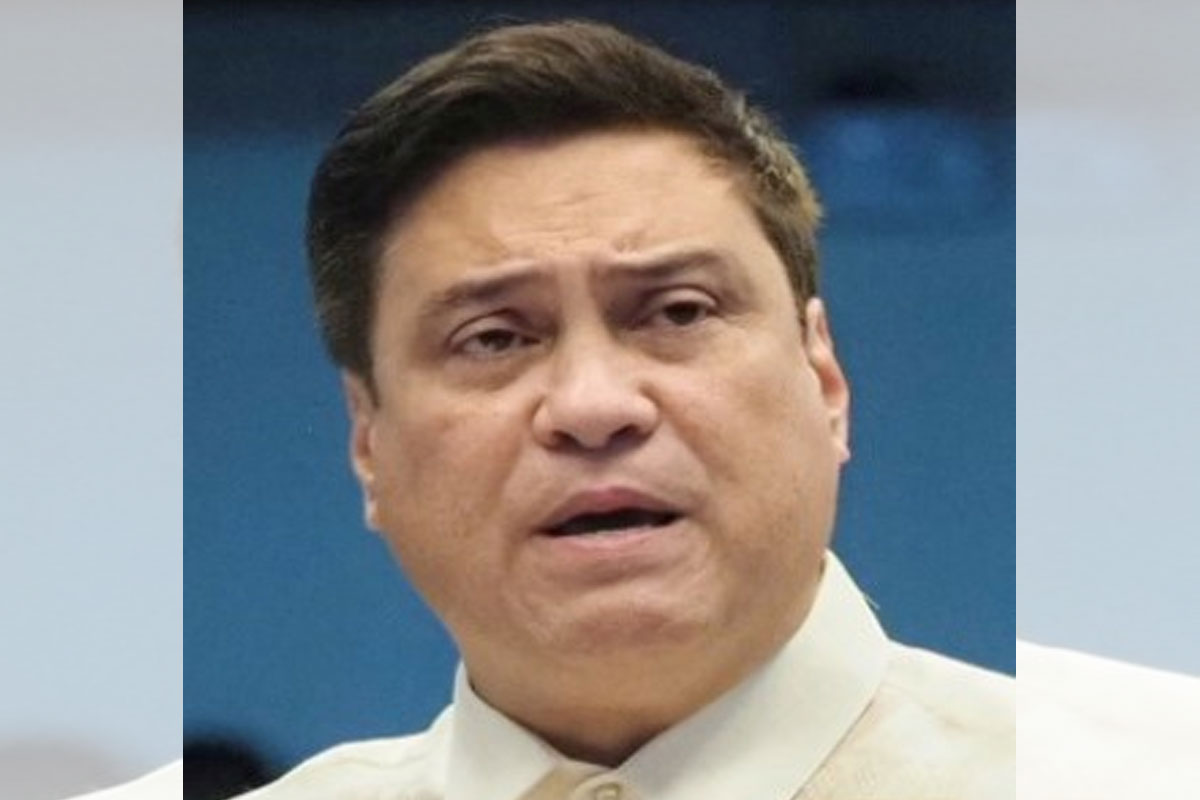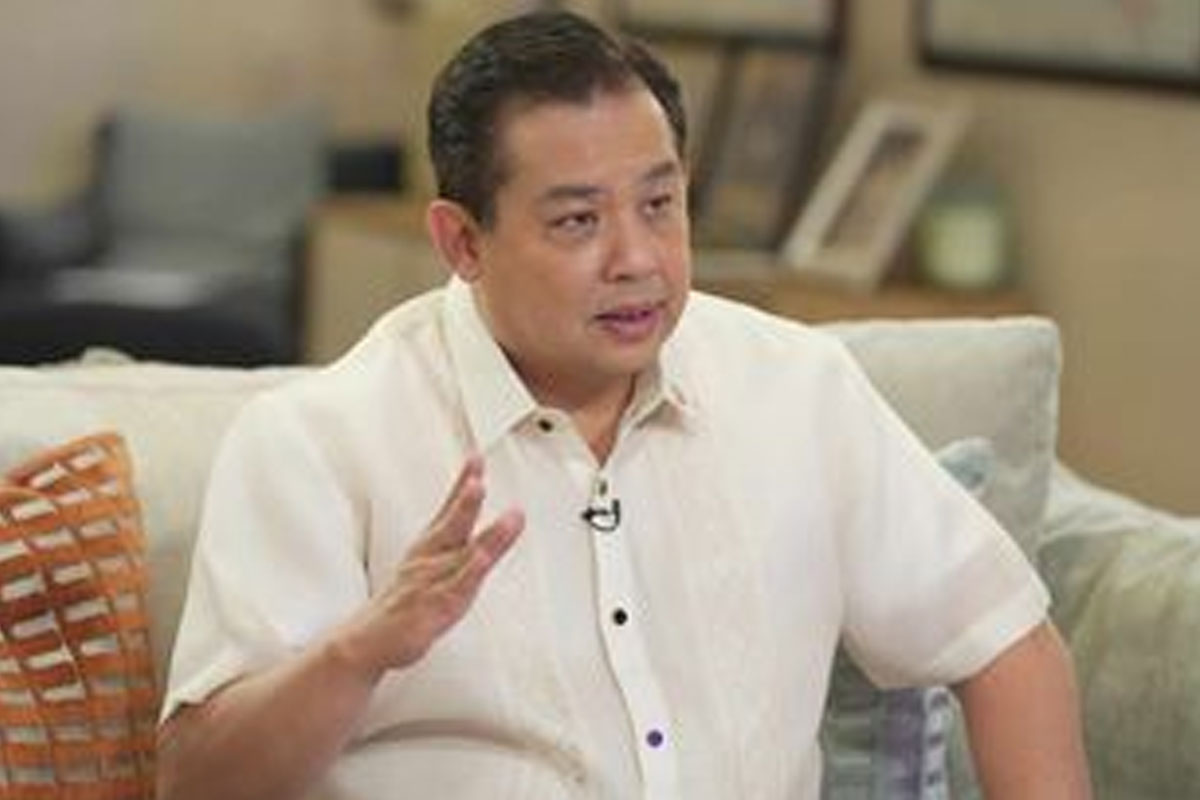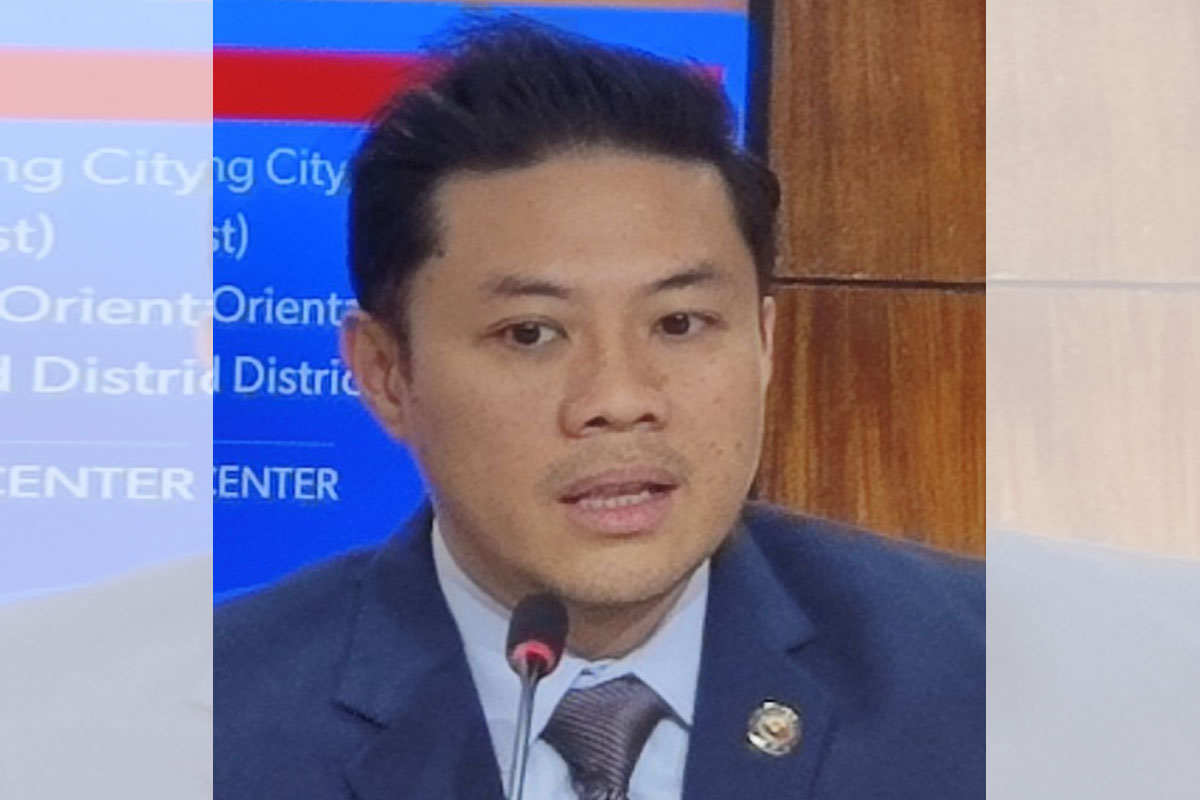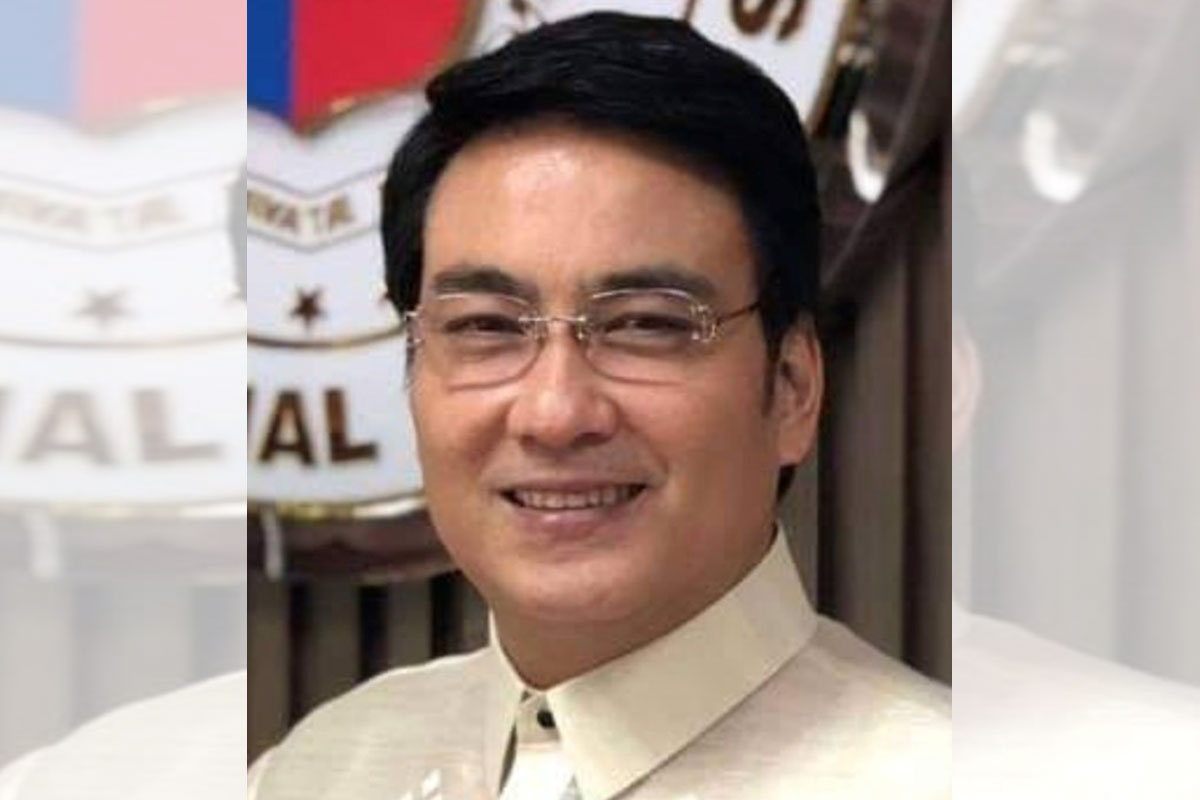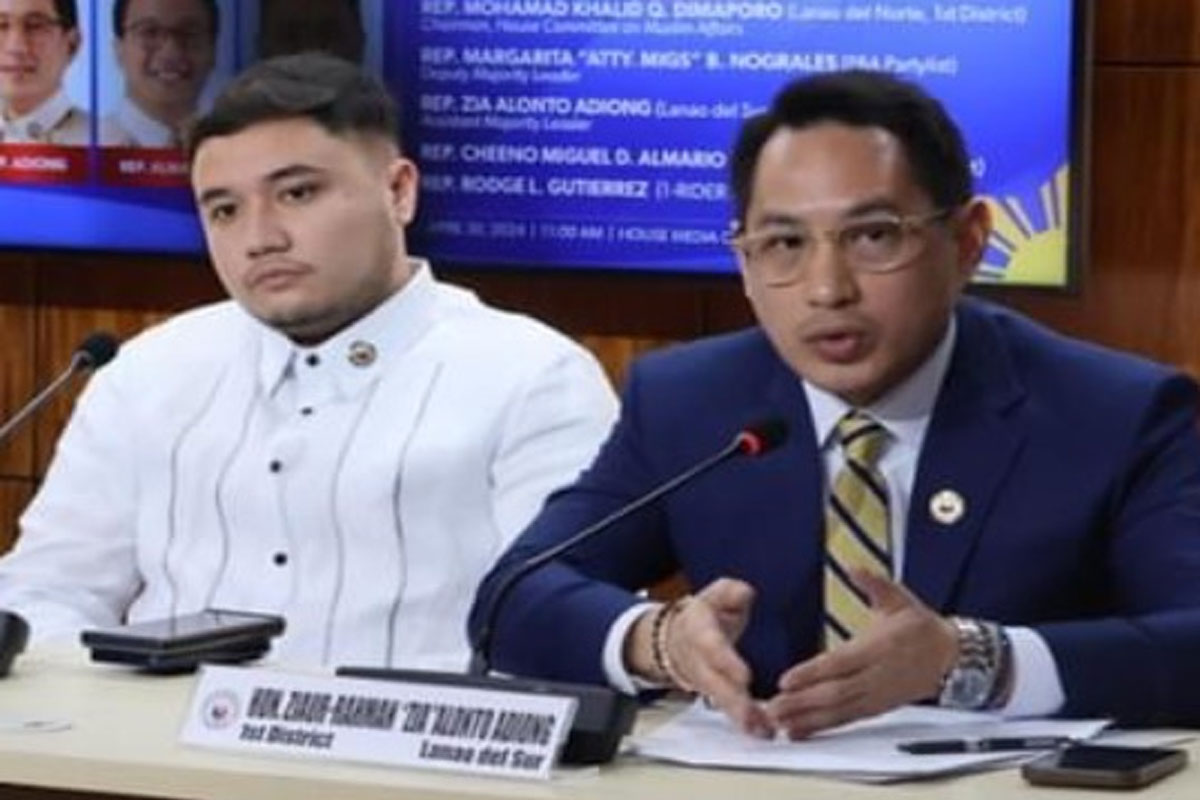
Inclusion of Arabic, Islamic values in PH education system pushed
A lawmaker filed a bill seeking to mandate the inclusion of Arabic language or Islamic values education in the Philippine basic education system.
In filing House Bill No. 7130 or the Arabic Language and Islamic Values Education (ALIVE) Act, Basilan Rep. Mujiv Hataman underscored the need to it more responsive to the diversity of learning needs of students.
The bill seeks to institutionalize the Department of Education’s current program of the same name, which has been saddled by challenges of implementation and funding.
“Kung malaking bahagi ng ating populasyon ay mga Pilipinong Muslim, mayroon tayong diversity of learning needs sa ating mga paaralan na kailangang tugunan. Layon ng panukalang ito na maging mas inclusive para sa mag-aaral na Muslim ang ating basic education system,” he said.
A similar bill has been filed in the Senate by Sen. Win Gatchalian.
“We need to recognize that our diverse cultural and religious backgrounds require a more responsive educational approach, and the ALIVE bill is one way of addressing that for Muslim students to ensure their full participation and the realization of their potential,” Hataman, former governor of the now-defunct ARMM, said.
“At ang pagtuturo ng Arabic language at Islamic values education ay makakapagpataas din ng antas ng kamulatan para sa kultura at mga tradisyon ng mga Muslim. Kaya ito rin ay isang panukala laban sa diskriminasyon base sa relihiyon,” he added.
While Filipino Muslims are part of the Philippine education system both public and private, “many do not have access to education according to their cultural, traditional, social and religious beliefs, especially for those outside of the Bangsamoro Autonomous Region in Muslim Mindanao.”
“And as a part of the Filipino population whose numbers range anywhere from over 6 million to as high as 12 million, depending on the source of data, it is imperative that we incorporate Islamic education in all private and public schools, especially in cities and municipalities that have no accessible madrasahs for Muslim students,” it read.
This bill seeks to mandate the institutionalization and the strengthening of the existing ALIVE Program of DEPED in all public and private basic education schools outside BARMM.
The teaching of Arabic language and Islamic values education both to Muslim and non-Muslim students shall be optional or at the behest of the parents, whose approval is required in writing.
Section 7 of the bill states: “At the option expressed in writing by the parents or guardians of the learners, the subject of Arabic Language or Islamic Values Education, or both, shall be taught to Muslim Filipino learners, as well as to non-Muslim Filipino learners as an integral part of the ALIVE Program.”
To ensure effective, efficient, and smooth management of the ALIVE Programs, there is hereby created an Office on Madrasah Education (OME) in the DepEd to be headed by the Undersecretary for Madaris. This office shall coordinate with the relevant stakeholders for the proper implementation of the Madaris programs.
It provides for the integration of the program into the tertiary levels of education.
The bill also aims to enrich the education system with the “cultural and religious knowledge of the Islamic faith and foster national unity in diversity among Muslim and non-Muslim students.”


